Celebrate Women's History Month with EPA
Published March 26, 2018
March is Women’s History Month, and in celebration, here are a few of the amazing women who help EPA achieve its mission to protect human health and the environment.
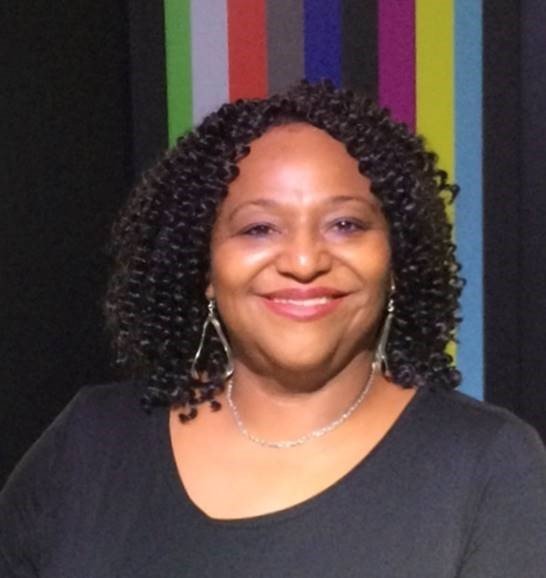
Maggie Breville, Environmental Scientist and Health Research Program Manager
How does your work at EPA help protect public health and the environment?
As a manager of extramural research, I have had the unique honor and privilege of witnessing, first-hand, some of the most ground-breaking and impactful environmental public health research by top-level, world-renowned investigators in the field. Through development of the grants solicitations, I help identify knowledge gaps and direct research to explore and fill those gaps, ultimately resulting in policy development, and even some critical public health interventions. Many of these research opportunities inform and empower vulnerable and at-risk communities that may not otherwise be aware of harmful environmental exposures.
What was your most challenging experience in school or work and how did you overcome it?
I have overcome numerous challenges in my professional career. One of the most memorable, was my position as a Superfund Technical Liaison (STLs) in EPA’s Office of Research and Development. I was nervous and apprehensive about applying for the position and was told by numerous colleagues that it had all the promises of being a dead-end job. I decided to apply for it anyway, and much to my delight ended up being the first female and African American among a cadre of 10 STLs in the country. This role was both challenging and rewarding. It enabled me to learn more and opened the door to many opportunities for growth and advancements in my career.
Do you have any advice for young people interested in careers like yours?
In your professional career, it is important to work hard and be effective at your job. However, it is just as important to make key connections in your field. Be sure to create a vast network and keep it nurtured. Remember that who you know is just as important as what you know. It is also beneficial to have one or more mentors. Don’t be afraid to approach key senior professionals you respect for conversation and advice. In most cases, they are happy to help and could become great professional advocates or allies in the future.
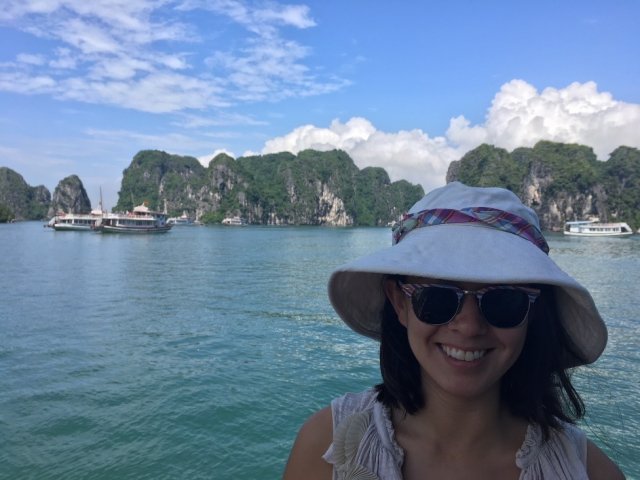
Elle Chang, Program Analyst in the American Indian Environmental Office
How does your work at EPA help protect public health and the environment?
As part of my office’s mission, we provide capacity-building grants and policy support to ensure tribal governments can operate and manage their own environmental programs. I work with tribes through their environmental program directors to ensure those tribes’ concerns and values are taken into consideration when EPA makes various policy decisions that affect tribes and tribal resources. One example of that work is EPA’s partnership with the National Tribal Caucus – a national body of high-level tribal advisors who identify and address tribal environmental issues that are national in scope or urgent.
What was your most challenging experience in school or work and how did you overcome it?
Throughout the year, various tribal representatives and leaders visit our office to talk about specific environmental issues they are experiencing on their lands. While the personal, firsthand context that tribal representatives share always adds more value and perspective to how I think about providing solutions, the meetings can be emotional and easily overwhelming. Whenever I feel challenged, I think back to what I learned during those tough meetings, and am reminded about what motivated me to join EPA – helping people, protecting the environment, and creating solutions.
Do you have any advice for young people interested in careers like yours?
I admire the Steve Jobs quote “Stay hungry, stay humble.” It’s incredibly powerful to see young people that are passionate, well-informed, and well-versed to tackle issues that they care about. I served as a Peace Corps volunteer in a rural community, so I would encourage young people to unplug from social media and challenge themselves to get out of their comfort zones and do something different.
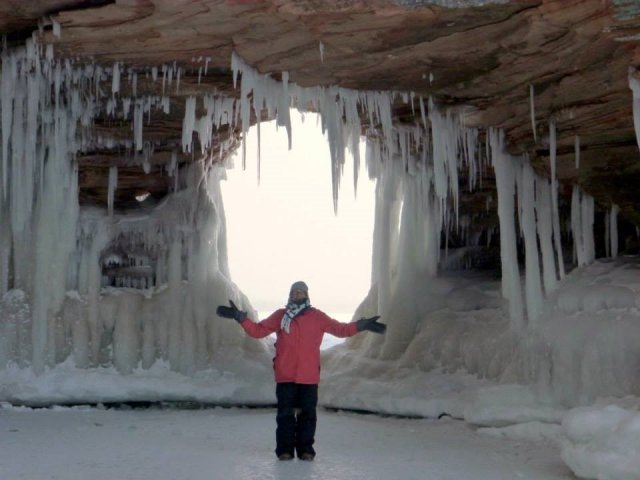
Kathleen Williams, Geographer and Postdoc
How does your work at EPA help protect public health and the environment?
I investigate how people make decisions about the environment. More specifically, I identify and characterize how personal, professional, and research experiences and perspectives shape people’s values and knowledge of the environment – and how that different knowledge leads to actions. This is important so EPA researchers can help communities make decisions about their environment and health.
What was your most challenging experience in school or work and how did you overcome it?
It was a challenge to work on an interdisciplinary team for the first time. When I started, I thought maybe the problem would be that we all had different training and experience, but we could easily just discuss the differences. I realized later, that challenge was creating meaning across disciplinary perspectives. I had no words or experience to address very different ways that different disciplines had of defining and describing how social and environmental change might happen. I overcame the challenge by realizing there wasn’t a specific right or wrong – my teammates and I were all right and had different dimensions of the truth. Through ongoing reflection about how knowledge is created through experience and study, I learned to adopt a different perspective. Adopting different perspectives is still important for my job.
Do you have any advice for young people interested in careers like yours?
Be open to challenges and willing to take risks. My path to this position was non-linear. I worked in local government and nonprofit organizations before I took a risk and went to graduate school. I am grateful that the diversity of experiences has given me a broader view. There’s no wrong path and lessons are learned on every step of your journey. Your vision might be exactly what the world needs, but if it is different, you might have to be confident, patient, and persistent to make a difference.
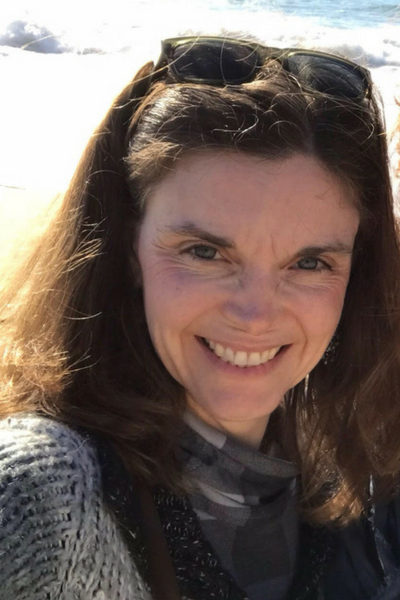
Carolyn Hubbard, Science Communication Director in EPA’s Office of Research and Development
How does your work at EPA help protect public health and the environment?
EPA does such a broad range of science to protect our health, and some of it is very technical. I help make sure that the people who need that science, from other EPA offices to state governments to regular folks like you and me, receive that information and also understand it. Environmental science is incredibly important, so it’s essential that people have access to that information and know what it means for their health and their environment – even if they don’t have a Ph.D. in Toxicology.
What was your most challenging experience in school or work and how did you overcome it?
My opportunity to become the Science Communication Director was pretty sudden and unexpected, and I didn’t think I was ready for it. But I took the chance, got the position, and even though I doubted myself at first, I worked hard, learned a lot, and absolutely love my job and the amazing people I work with.
Do you have any advice for young people interested in careers like yours?
Say yes, even if it scares you.
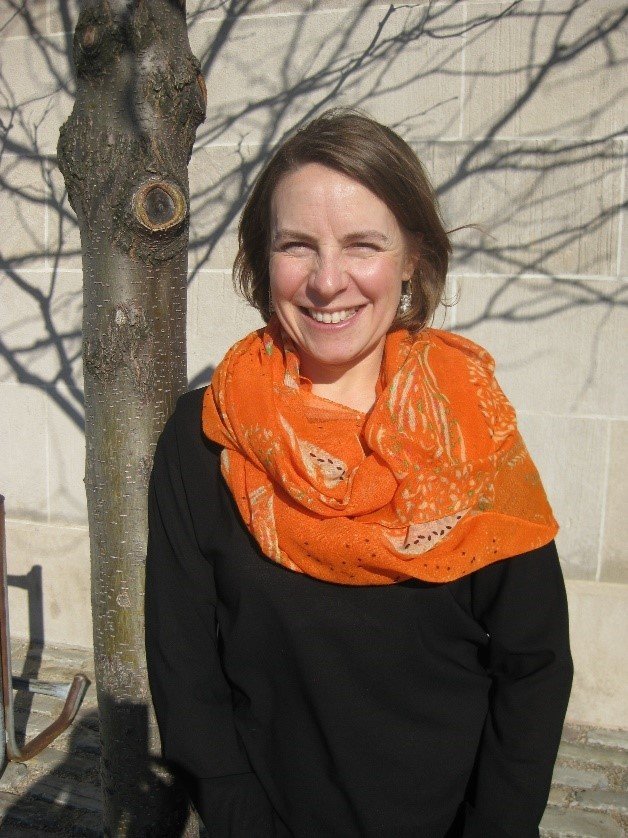
Emma Lavoie, Assistant Center Director for Scientific Program Support
How does your work at EPA help protect public health and the environment?
My office translates scientific research into information that is used to support policy decisions and rulemakings. The assessments, tools, and expertise we provide help address challenges such as maintaining ecosystem integrity or reducing air pollution. My work helps my office effectively engage with different EPA programs and regions so that we can provide technical support when needed and so that we are ready to help in an emergency.
What was your most challenging experience in school or work and how did you overcome it?
The way I have overcome the challenges I have faced is simply to persist; to understand the people around me and the social systems that influence them, so that I could navigate those mazes and deliver influential work. But these are small challenges in the face of cultural challenges that my mother’s generation and my mentors’ generations faced. Because of the elder women and men who have guided and mentored me after they themselves succeeded in less diverse or accepting environments, my path is much less challenging and I thank them very much.
Do you have any advice for young people interested in careers like yours?
If you are interested in a career like mine, don’t hesitate in your education. There will be a job for you, just be willing to take a journey that is not necessarily what you expected.
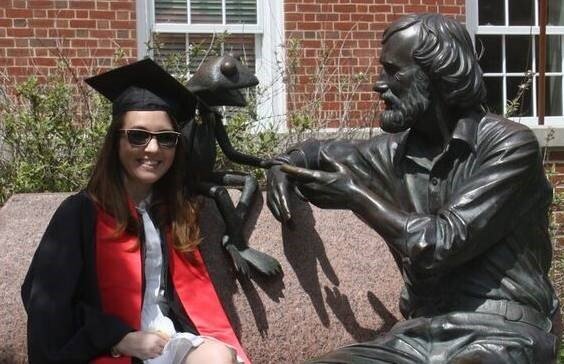
Viktoriya Plotkin, Management & Program Analyst
How does your work at EPA help protect public health and the environment?
I am currently leading the development of a strategic plan for state and local engagement within the emergency management community. Establishing these relationships will help ensure that first responders will have the latest information on decontamination during a biological, chemical, radiological, or nuclear incident.
What was your most challenging experience in school or work and how did you overcome it?
Balancing school with work was an overall challenge I experienced while getting my Master’s Degree. While I loved doing both, I was often left exhausted by the end of the week. I had to accept my capacity threshold for each and learn to take time off when I was getting overloaded.
Do you have any advice for young people interested in careers like yours?
If you’re interested in a project or a topic, always take the opportunity to ask management or team members if you could assist. Chances are you can contribute in some way and you benefit by gaining experience in that area.
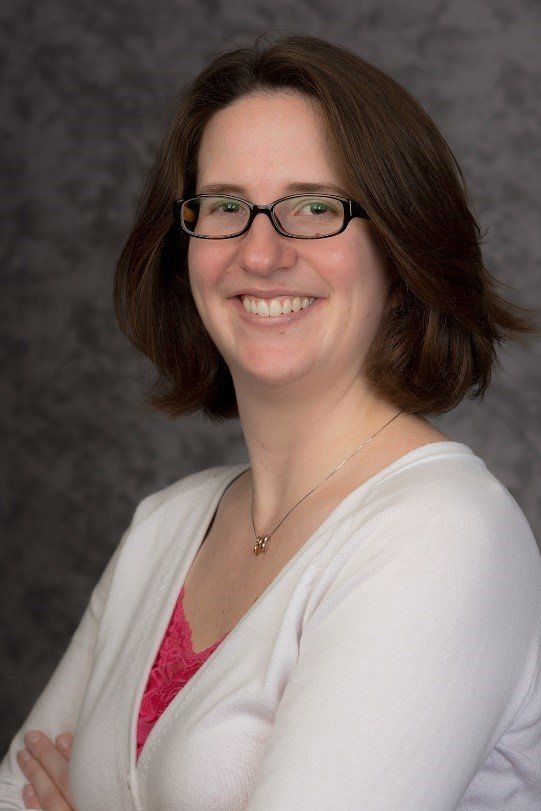
Susan Burden, Acting Chief of the Program Support Staff
How does your work at EPA help protect public health and the environment?
The Program Support Staff helps to incorporate Office of Research and Development (ORD) science, technology and expertise into regulatory and non-regulatory actions taken by the agency. I like to say that we bring ORD science to the rulemaking table.
What was your most challenging experience in school or work and how did you overcome it?
The first semester of graduate school when I had to take quantum mechanics and statistical mechanics – two classes using math that was way above my head. I relied on books and the rest of the first year physical chemistry graduate students to make it through the semester. Then, I chose a research group that relied on classical mechanics and not quantum mechanics.
Do you have any advice for young people interested in careers like yours?
Science policy is an interesting intersection of physical and life sciences and public policy. For people interested in science policy, I encourage them to get a science degree and really understand the scientific method. It’s easier to learn the policy on the job than it is to learn the science.
